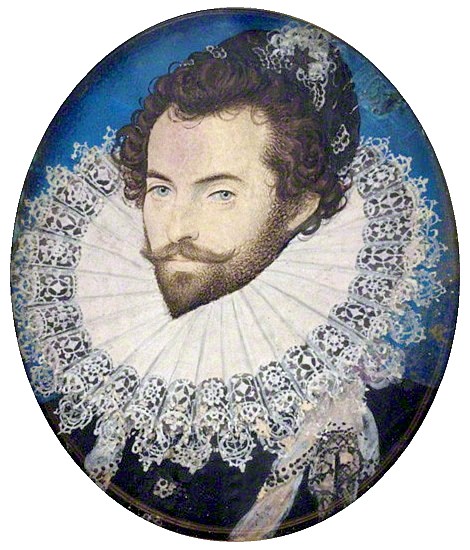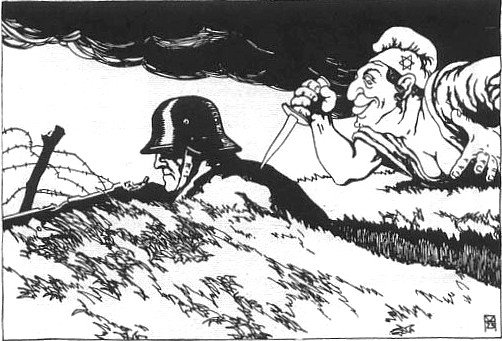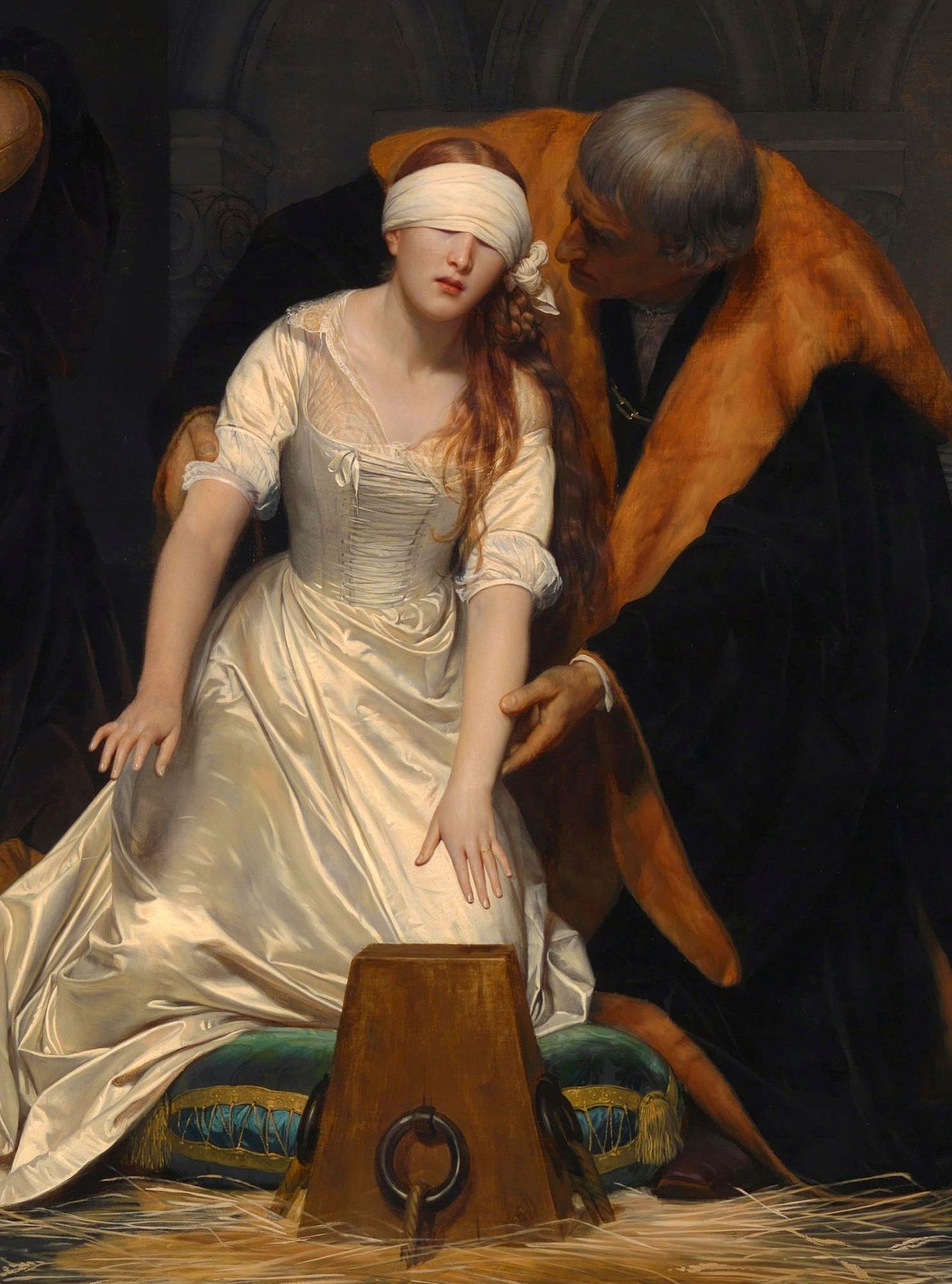|
Treason
Treason is the crime of attacking a state (polity), state authority to which one owes allegiance. This typically includes acts such as participating in a war against one's native country, attempting to Coup d'état, overthrow its government, spying on its military, its diplomats, its officials, or its secret services for a hostile foreign power, or Regicide, attempting to kill its head of state. A person who commits treason is known in law as a traitor. Historically, in common law countries, treason also covered the murder of specific social superiors, such as the murder of a husband by his wife or that of a master by his servant. Treason (i.e., disloyalty) against one's monarch was known as ''high treason'' and treason against a lesser superior was ''petty treason''. As jurisdictions around the world abolished petty treason, "treason" came to refer to what was historically known as high treason. At times, the term ''traitor'' has been used as a political epithet, regardless of ... [...More Info...] [...Related Items...] OR: [Wikipedia] [Google] [Baidu] |
Hanged, Drawn And Quartered
To be hanged, drawn and quartered was a method of torture, torturous capital punishment used principally to execute men convicted of High treason in the United Kingdom, high treason in medieval and early modern Britain and Ireland. The convicted traitor was fastened by the feet to a hurdle, or wooden panel, and drawn behind a horse to the place of execution, where he was then hanged (almost to the point of death), emasculation, emasculated, disembowelment, disembowelled, decapitation, beheaded, and Dismemberment, quartered. His remains would then often be displayed in prominent places across the country, such as London Bridge, to serve as a warning of the fate of traitors. The punishment was only ever applied to men; for reasons of public decency, women convicted of high treason were instead Burning of women in England, burned at the stake. It became a statutory punishment in the Kingdom of England for high treason in 1352 under Edward III of England, King Edward III (1327– ... [...More Info...] [...Related Items...] OR: [Wikipedia] [Google] [Baidu] |
Treason Act 1351
The Treason Act 1351 ( 25 Edw. 3 Stat. 5. c. 2) is an act of the Parliament of England where, according to William Blackstone, common law treason offences were enumerated and no new offences were created. It is one of the earliest English statutes still in force, although it has been very significantly amended. It was extended to Ireland in 1495 and to Scotland in 1708. The act was passed at Westminster in the Hilary term of 1351, in the 25th year of the reign of Edward III and was entitled "A Declaration which Offences shall be adjudged Treason". It was passed to clarify precisely what was treason, as the definition under common law had been expanded rapidly by the courts until its scope was controversially wide. The act was last used to prosecute William Joyce, better known as "Lord Haw-Haw", in 1945 for collaborating with Germany in World War II. The act is still in force in the United Kingdom. It is also still in force in some former British colonies, including New South Wa ... [...More Info...] [...Related Items...] OR: [Wikipedia] [Google] [Baidu] |
Constructive Treason
Constructive treason is the judicial extension of the statutory definition of the crime of treason. For example, the English Treason Act 1351 declares it to be treason "When a Man doth compass or imagine the Death of our Lord the King". This was subsequently interpreted by the courts to include ''imprisoning'' the king, on the ground that history had shown that when a king is held captive by a usurper, he often dies in captivity. Despite legislative efforts to restrict the scope of treason, judges and prosecutors in common law jurisdictions still succeeded in broadening the reach of the offence by " constructing" new treasons. It is the opinion of one legal historian that: England and Great Britain Ironically, the first attempt to constrain the development of constructive treasons in England was the 1351 Act itself. Its preamble states that Parliament In modern politics and history, a parliament is a legislative body of government. Generally, a modern parliament h ... [...More Info...] [...Related Items...] OR: [Wikipedia] [Google] [Baidu] |
Petty Treason
Petty treason or petit treason was an offence under the common law of England in which a person killed or otherwise violated the authority of a social superior, other than the king. In England and Wales, petty treason ceased to be a distinct offence from murder by virtue of the Offences against the Person Act 1828. It was abolished in Ireland in 1829. It never existed in Scotland. It has also been abolished in other common-law countries. Element of betrayal The element of betrayal is the reason why this crime was considered worse than an ordinary murder; medieval and post-medieval society rested on a framework in which each person had his or her appointed place and such murders were seen as threatening this framework. Many people had somebody subordinate to them and feared the consequences if the murder of superiors was not punished harshly. Codification in English law The common law offence was codified in the Treason Act 1351. Under that Act, petty treason was an aggravated for ... [...More Info...] [...Related Items...] OR: [Wikipedia] [Google] [Baidu] |
Edward Coke
Sir Edward Coke ( , formerly ; 1 February 1552 – 3 September 1634) was an English barrister, judge, and politician. He is often considered the greatest jurist of the Elizabethan era, Elizabethan and Jacobean era, Jacobean eras. Born into an upper-class family, Coke was educated at Trinity College, Cambridge, before leaving to study at the Inner Temple, where he was called to the Bar on 20 April 1578. As a barrister, he took part in several notable cases, including ''Slade's Case'', before earning enough political favour to be elected to Parliament, where he served first as Solicitor General for England and Wales, Solicitor General and then as Speaker of the House of Commons (United Kingdom), Speaker of the House of Commons. Following a promotion to Attorney General for England and Wales, Attorney General he led the prosecution in several notable cases, including those against Robert Devereux, 2nd Earl of Essex, Robert Devereux, Walter Raleigh, Sir Walter Raleigh, and the Gun ... [...More Info...] [...Related Items...] OR: [Wikipedia] [Google] [Baidu] |
Execution By Burning
Death by burning is an execution, murder, or suicide method involving combustion or exposure to extreme heat. It has a long history as a form of public capital punishment, and many societies have employed it as a punishment for and warning against crimes such as treason, heresy, and witchcraft. The best-known execution of this type is burning at the stake, where the condemned is bound to a large wooden stake and a fire lit beneath. A holocaust is a religious animal sacrifice that is completely consumed by fire, also known as a burnt offering. The word derives from the ancient Greek holokaustos, the form of sacrifice in which the victim was reduced to ash, as distinguished from an animal sacrifice that resulted in a communal meal. Effects In the process of being burned to death, a body experiences burns to tissue, changes in content and distribution of body fluid, fixation of tissue, and shrinkage (especially of the skin). Internal organs may be shrunken due to fluid loss. Shr ... [...More Info...] [...Related Items...] OR: [Wikipedia] [Google] [Baidu] |
Persecution Of Christians In The Roman Empire
During their early history, Christians were persecuted, tortured, mutilated, raped, and massacred in a genocide, throughout the Roman Empire, beginning in the 1st century AD and ending in the 4th century. As Christianity spread through the empire, it came into ideological conflict with the imperial cult of ancient Rome. Pagan practices such as making sacrifices to the deified emperors or other gods were abhorrent to Christians as their beliefs prohibited idolatry. The state and other members of civic society punished Christians for treason, various rumored crimes, illegal assembly, and for introducing an alien cult that led to Roman apostasy. The first, localized Neronian persecution occurred under Emperor Nero () in Rome. A number of mostly localized persecutions occurred during the reign of Marcus Aurelius (). After a lull, persecution resumed under Emperors Decius () and Trebonianus Gallus (). The Decian persecution was particularly extensive. The persecution of Empero ... [...More Info...] [...Related Items...] OR: [Wikipedia] [Google] [Baidu] |
Decapitation
Decapitation is the total separation of the head from the body. Such an injury is invariably fatal to humans and all vertebrate animals, since it deprives the brain of oxygenated blood by way of severing through the jugular vein and common carotid artery, while all other organs are deprived of the autonomic nervous system, involuntary functions that are needed for the body to function. The term beheading refers to the act of deliberately decapitating a person, either as a means of murder or as an capital punishment, execution; it may be performed with an axe, sword, or knife, or by mechanical means such as a guillotine. An executioner who carries out executions by beheading is sometimes called a headsman. Accidental decapitation can be the result of an explosion, a car or industrial accident, improperly administered execution by hanging or other violent injury. The national laws of Saudi Arabia and Yemen permit beheading. Under Sharia in Nigeria, Sharia, which exclusively appl ... [...More Info...] [...Related Items...] OR: [Wikipedia] [Google] [Baidu] |
Dolchstoßlegende
The stab-in-the-back myth (, , ) was an antisemitic and anti-communist conspiracy theory that was widely believed and promulgated in Germany after 1918. It maintained that the Imperial German Army did not lose World War I on the battlefield, but was instead betrayed by certain citizens on the home front – especially Jews, revolutionary socialists who fomented strikes and labour unrest, and republican politicians who had overthrown the House of Hohenzollern in the German Revolution of 1918–1919. Advocates of the myth denounced the German government leaders who had signed the Armistice of 11 November 1918 as the "November criminals" (). When Adolf Hitler and the Nazi Party rose to power in 1933, they made the conspiracy theory an integral part of their official history of the 1920s, portraying the Weimar Republic as the work of the "November criminals" who had "stabbed the nation in the back" in order to seize power. Nazi propaganda depicted Weimar Germany as "a morass o ... [...More Info...] [...Related Items...] OR: [Wikipedia] [Google] [Baidu] |
Dissident
A dissident is a person who actively challenges an established political or religious system, doctrine, belief, policy, or institution. In a religious context, the word has been used since the 18th century, and in the political sense since the 20th century, coinciding with the rise of authoritarian governments in countries such as Fascist Italy, Nazi Germany, Imperial Japan, Francoist Spain, the Soviet Union (and later Russia), Saudi Arabia, North Korea, Turkey, Iran, China, and Turkmenistan. In the Western world, there are historical examples of people who have been considered and have considered themselves dissidents, such as the Dutch philosopher Baruch Spinoza. In totalitarian countries, dissidents are often incarcerated or executed without explicit political accusations, or due to infringements of the very same laws they are opposing, or because they are supporting civil liberties such as freedom of speech. Eastern Bloc The term ''dissident'' was used in the Eastern B ... [...More Info...] [...Related Items...] OR: [Wikipedia] [Google] [Baidu] |
Regicide
Regicide is the purposeful killing of a monarch or sovereign of a polity and is often associated with the usurpation of power. A regicide can also be the person responsible for the killing. The word comes from the Latin roots of ''regis'' and ''cida'' (''cidium''), meaning "of monarch" and "killer" respectively. In the British tradition, it refers to the judicial execution of a king after a trial, reflecting the historical precedent of the trial and execution of Charles I of England. The concept of regicide has also been explored in media and the arts through pieces like ''Macbeth'' (Macbeth's killing of King Duncan). History In Western Christianity, regicide was far more common prior to 1200/1300. Sverre Bagge counts 20 cases of regicide between 1200 and 1800, which means that 6% of monarchs were killed by their subjects. He counts 94 cases of regicide between 600 and 1200, which means that 21.8% of monarchs were killed by their subjects. He argues that the most likely r ... [...More Info...] [...Related Items...] OR: [Wikipedia] [Google] [Baidu] |
Head Of State
A head of state is the public persona of a sovereign state.#Foakes, Foakes, pp. 110–11 "[The head of state] being an embodiment of the State itself or representative of its international persona." The name given to the office of head of state depends on the country's form of government and any separation of powers; the powers of the office in each country range from being also the head of government to being little more than a ceremonial figurehead. In a parliamentary system, such as Politics of India, India or the Politics of the United Kingdom, United Kingdom, the head of state usually has mostly ceremonial powers, with a separate head of government. However, in some parliamentary systems, like Politics of South Africa, South Africa, there is an executive president that is both head of state and head of government. Likewise, in some parliamentary systems the head of state is not the head of government, but still has significant powers, for example Politics of Morocco, Moro ... [...More Info...] [...Related Items...] OR: [Wikipedia] [Google] [Baidu] |









